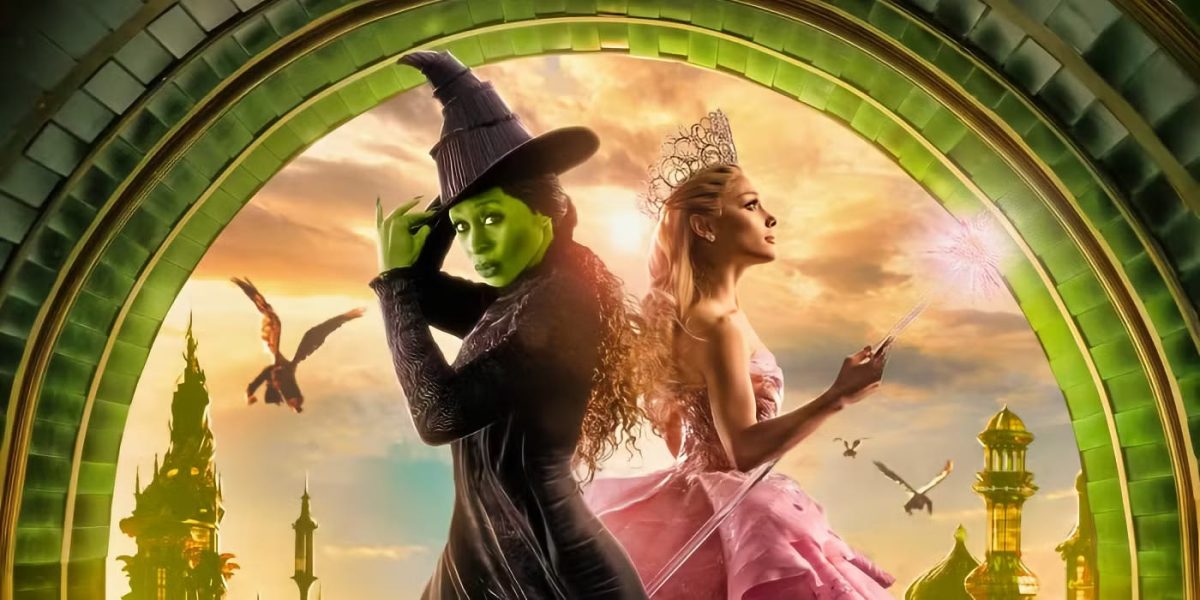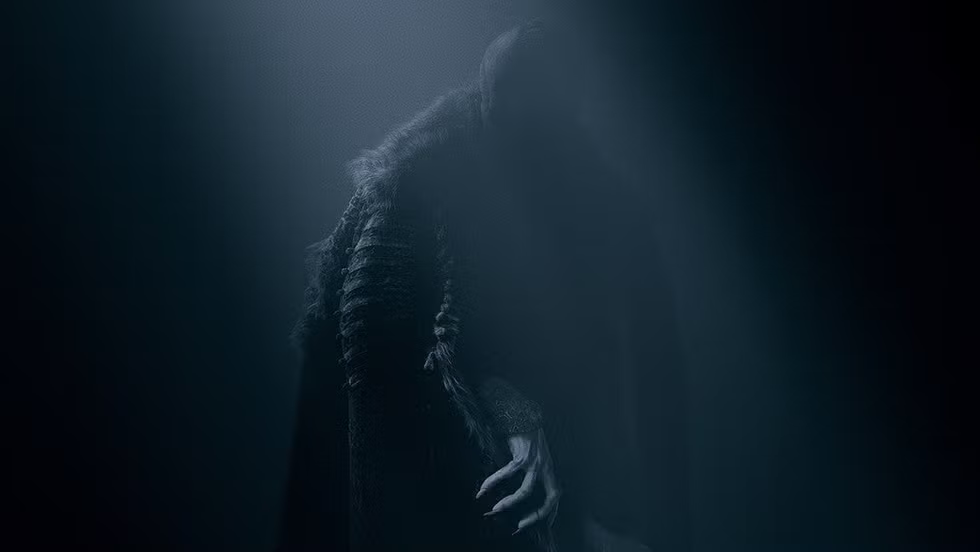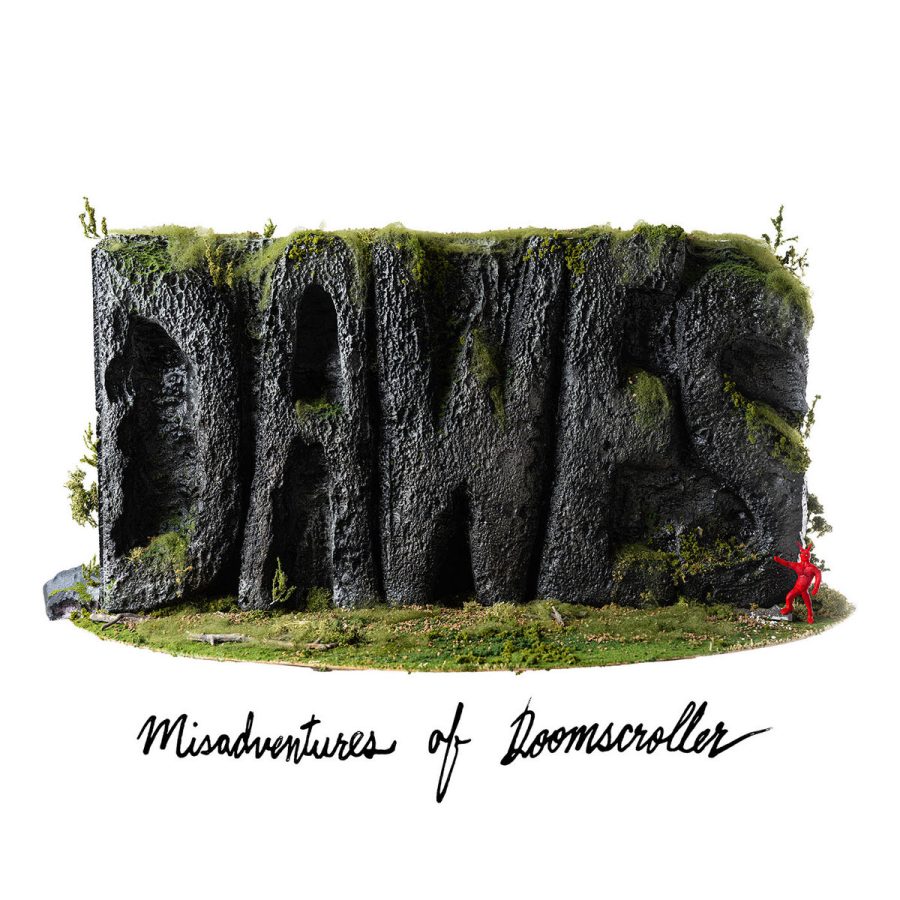Since the 14th century, Dante Alighieri’s The Inferno has inspired art around the world. The epic poem follows Dante as he travels through the nine circles of Hell: Limbo, Lust, Gluttony, Greed, Anger, Heresy, Violence, and Treachery. The story, through its exploration of human nature and its presentation of a deeper understanding of the afterlife, remains relevant today. Inspired by The Inferno, artist Andrew Hozier’s new album Unreal Unearth highlights an eclectic combination of styles from calm gospel soul to dynamic folk rock. The album was released on August 18th, 2023, and is Hozier’s 3rd album. Throughout his discography, Hozier never fails to create a thematic story that traverses themes of love, politics, and religion. In Unreal Unearth, Hozier masterfully balances both religious literary inspiration and political introspection, making it his most impressive album to date.
In his first and second albums, Hozier’s lyrics heavily reference writers James Joyce and C.S. Lewis. This literary influence becomes especially prevalent in Unreal Unearth, as Hozier clearly displays influence from The Inferno in the album’s structure. Beginning in the first circle of Hell, Unreal Unearth thematically moves through the afterlife until reaching the ninth circle at the end of the album. By drawing a parallel between Dante’s Hell and his own work, we are able to see how Hozier interprets and expands upon each level of Hell.
Religion has always held influence over Hozier’s music, from his initial break-through song “Take Me to Church” to now. Throughout Unreal Unearth, Hozier builds upon Dante’s perspective of Hell. For example, in the song “Unknown/th,” Hozier masterfully adds a new perspective to Treachery, Dante’s ninth circle of Hell, the home of betrayers. “Do you know I could break beneath the weight of the goodness, love, I still carry for you?” Taking the perspective of a betrayed lover, the song points out the disconnectedness between its subject and the one who has wronged them. The addition of a new perspective to the ninth circle allows Hozier to create an astonishingly tragic breakup song that encompasses both betrayal and regret. This song quickly became my favorite on the album due to its combination of delicate, swelling strings and powerful lyrics.
Like Dante in The Divine Comedy, Hozier shares his personal political beliefs in his art, adding greater depth to his lyrics. In “Butchered Tongue,” a song that alludes to Dante’s seventh circle of Hell, Violence, Hozier reflects upon his love of the different cities he has traveled to while also addressing the fact that the towns reside on land that was stolen from Native peoples. “They are buried without scalp in the shattered bedrock of our home” particularly stands out because of its solemn, graphic imagery. Although the song depicts a tragic story, “Butchered Tongue” never feels accusatory, instead echoing a cry of remembrance. Hozier’s willingness to take such a clear stand on relevant, political issues is refreshing, honorably dedicating his artistic endeavors to spreading awareness of injustices in songs like “Swan Upon Leda,” “Nina Cried Power,” and “Take Me to Church” which address the rights of women, racial inequality, and homophobia respectively.
Hozier’s Unreal Unearth artfully immerses the listener into a world of religion and politics, ascending the realms of just music to become true poetry. Hozier’s lyrical ability to capture nuanced perspectives of classic literature undoubtedly makes him one of the most innovative singer-songwriters of this generation. Whether you’re a literature geek or a funk rock enthusiast, this diverse album has something for you.














Rafan • Oct 3, 2023 at 2:17 PM
This went too hard
Mabel • Oct 3, 2023 at 9:13 AM
This is beautifully written! I loved it❤️